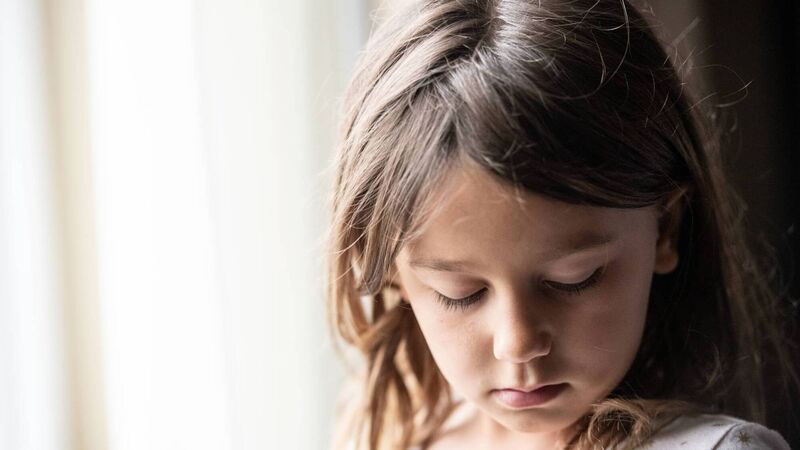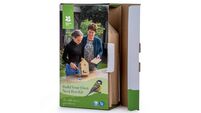Joanna Fortune: My seven-year-old daughter dreads returning to school

Responding to the underpinning physical and emotional state before we react to overt behaviour will usually deliver quicker and more favourable outcomes for all. Picture: iStock
A: I want to start with a question: Why is she so unhappy at school? The answer to this question in many ways addresses her behaviour and your need to support her through the transition back to school after the holidays.










